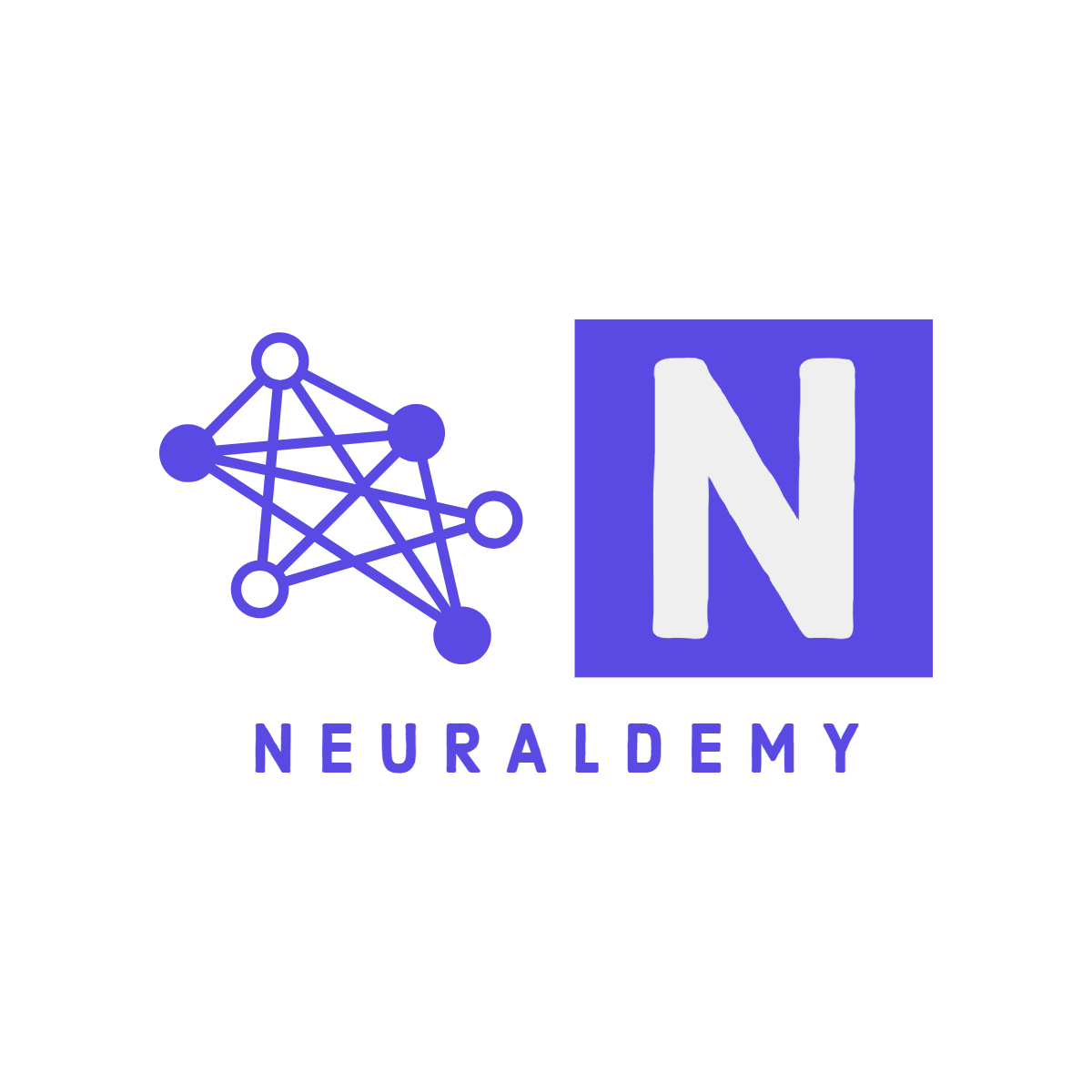Senior engineers, including co-founders, exit xAI amid controversy
At least nine engineers, including two cofounders, have announced their exits from xAI in the past week, fueling online speculation and raising questions about stability at Musk’s AI company amid mounting controversy.
